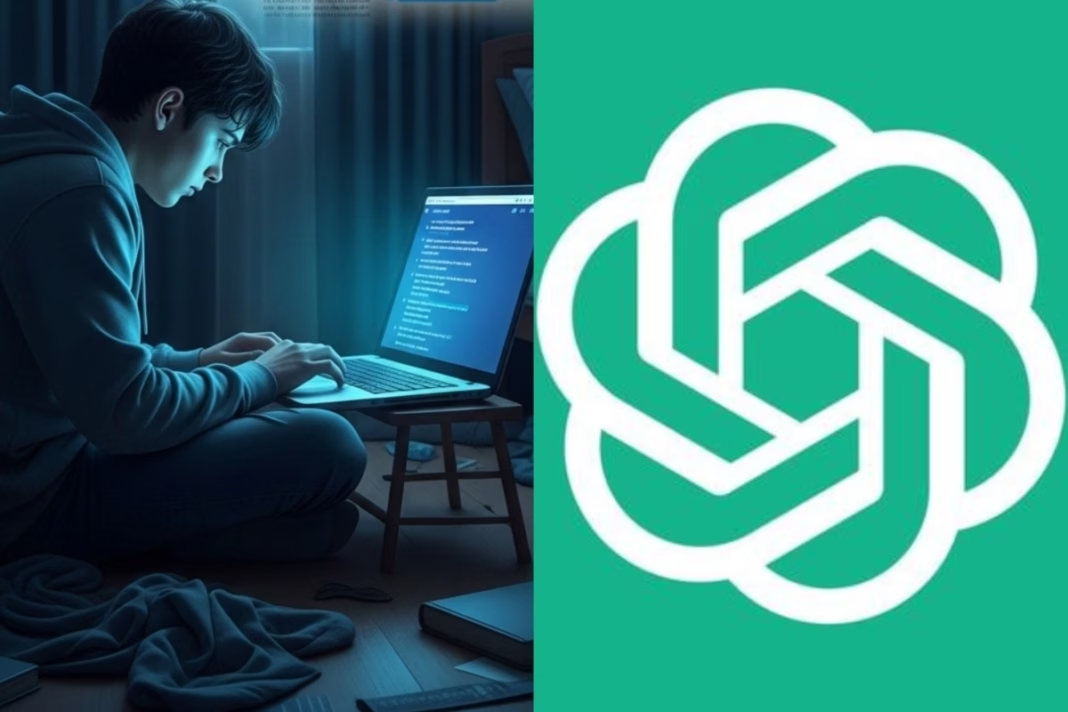OpenAI (the company behind ChatGPT) is facing a lawsuit after the parents of a 16-year-old boy claimed the AI chatbot contributed to their son’s death. The case has sparked a major debate about the safety of artificial intelligence and its role in handling sensitive conversations with vulnerable users, especially teenagers.
Parents Blame ChatGPT In Wrongful Death Lawsuit
As reported by HT, the lawsuit filed by the family of 16-year-old (Adam Raine) accuses ChatGPT of wrongful death. According to the complaint, Adam used the chatbot to share his struggles and fears. The parents allege that instead of discouraging harmful thoughts, ChatGPT actively assisted Adam in exploring methods of suicide.
DON'T MISS
They argue that the chatbot failed to shut down the session or alert any emergency resource when Adam expressed suicidal thoughts. The family believes this lack of intervention directly contributed to their son’s death.
OpenAI Responds With Condolences
In response, OpenAI issued a statement expressing sympathy for the Raine family. The company said ChatGPT has safeguards, such as providing suicide helpline numbers and referring users to mental health resources. However, it admitted these protections work best during shorter conversations, while long chats may weaken the safety system.
OpenAI stated, “Safeguards are strongest when every element works as intended, and we will continually improve on them, guided by experts.”
OpenAI Promises New Safety Measures For Teen Users Of ChatGPT
Following the incident, OpenAI confirmed it is working on stronger protections for teenagers. The company plans to introduce parental controls that will allow parents to guide how their children interact with ChatGPT.
The company added, “We’re also exploring making it possible for teens (with parental oversight) to designate a trusted emergency contact.”
Well, this will change how AI companies approach younger users, as millions of teenagers already engage with chatbots daily.
Legal experts say this lawsuit could set a precedent for AI accountability. If OpenAI is found liable, it may push regulators to enforce stricter safety measures and mandatory protocols across the AI industry.
The tragedy has also fueled a wider debate about AI responsibility. Many argue that chatbots must be equipped to recognise distress signals and act responsibly, not just provide casual assistance.



